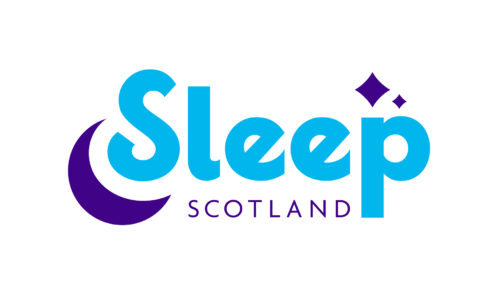
Sleep Scotland was founded in 1998; with a mission to educate professionals working with children and young people about the importance of sleep and provide them with skills to support families to improve sleep. In 2017, Sleep Scotland Support Line was created to reach families who did not have access to a trained professional in their local area and to provide a benchmark for managing most complex sleep cases across Scotland. Currently, Sleep Scotland Support Line is accessible to families and carers of all children and young people aged 18 months to 18 years old across all Scottish local authority areas and provides free of charge, ongoing telephone support in order to improve sleep of the child and of the whole family.
The service is run at two tiers; tier 1 Sleep Advisors work with parents and carers of typically developing children and young people, providing assessment of sleep issue and tailored sleep management plan; tier 2 Sleep Counsellors undertake the same process, focusing on working with children and families with complex needs such as physical disabilities, neurodiversity, learning difficulties, mental health, experience of trauma and suicidal ideation.
During the Covid-19 pandemic, the Support Line has seen the number of cases rising dramatically, as families have been struggling with sleep due to disruption of routine, fewer opportunities to be outdoors and exercise, lack of social input, severely limited access to other support services and the overwhelming anxiety caused by the Covid-19 pandemic. We have adapted our referral and appointment booking processes, created online resources and increased our capacity to meet the demand for sleep support for the Scottish families during that challenging time.
Children and families who routinely do not sleep well are negatively affected in their cognitive, emotional and physical development and wellbeing. Healthy sleep is a foundation to overall wellbeing, however the opportunity to have healthy sleep is not equal to all.
- Individuals with complex needs have been found to be more sleep deprived than their typically developing peers (Cortesi et al, 2010; Lunsford-Avery&Kollins,2018)
- Housing and financial insecurity, overcrowding, unsuitable housing are contributors to poorer sleep
- Families living in most socio-economically deprived areas do not have equal access to services
- Cultural and language needs need to be met to engage the minority groups in services
Sleep Scotland challenges these inequalities by:
- Providing designated professional education and direct support (via the telephone counselling at tier 2 level) to families with complex needs to address the inequality of sleep outcomes. Tier 2 support is ongoing until the family feels that the sleep needs have been sufficiently addressed (not time limited)
- Improving access to the Sleep Support Line
- Families can self-refer to service or be supported by another professional to do so
- All support is free of charge to families of children and young people (18 months -18 years old) living in Scotland
- All appointments are carried out via telephone to remove need for travel and calls are made to the family to avoid any phone charges on the family’s behalf
- Families have a choice of appointment times and we work flexibly to provide support at times that suit them
- Ongoing work is to ensure language and communication needs are being met by engaging interpreting services and translation of resources
Next steps – we are increasing our capacity to reach more families and decrease our waiting times. We are constantly developing resources on topics important to the families and working on expanding the range of languages. We will also be training professionals working with adults with complex needs as Sleep Counsellors.
Martyna Jablonska is the Sleep Services Manager at Sleep Scotland
View the Poster for the VHS Annual Conference- Sleep Scotland: Healthy Sleep, Who gets it?

